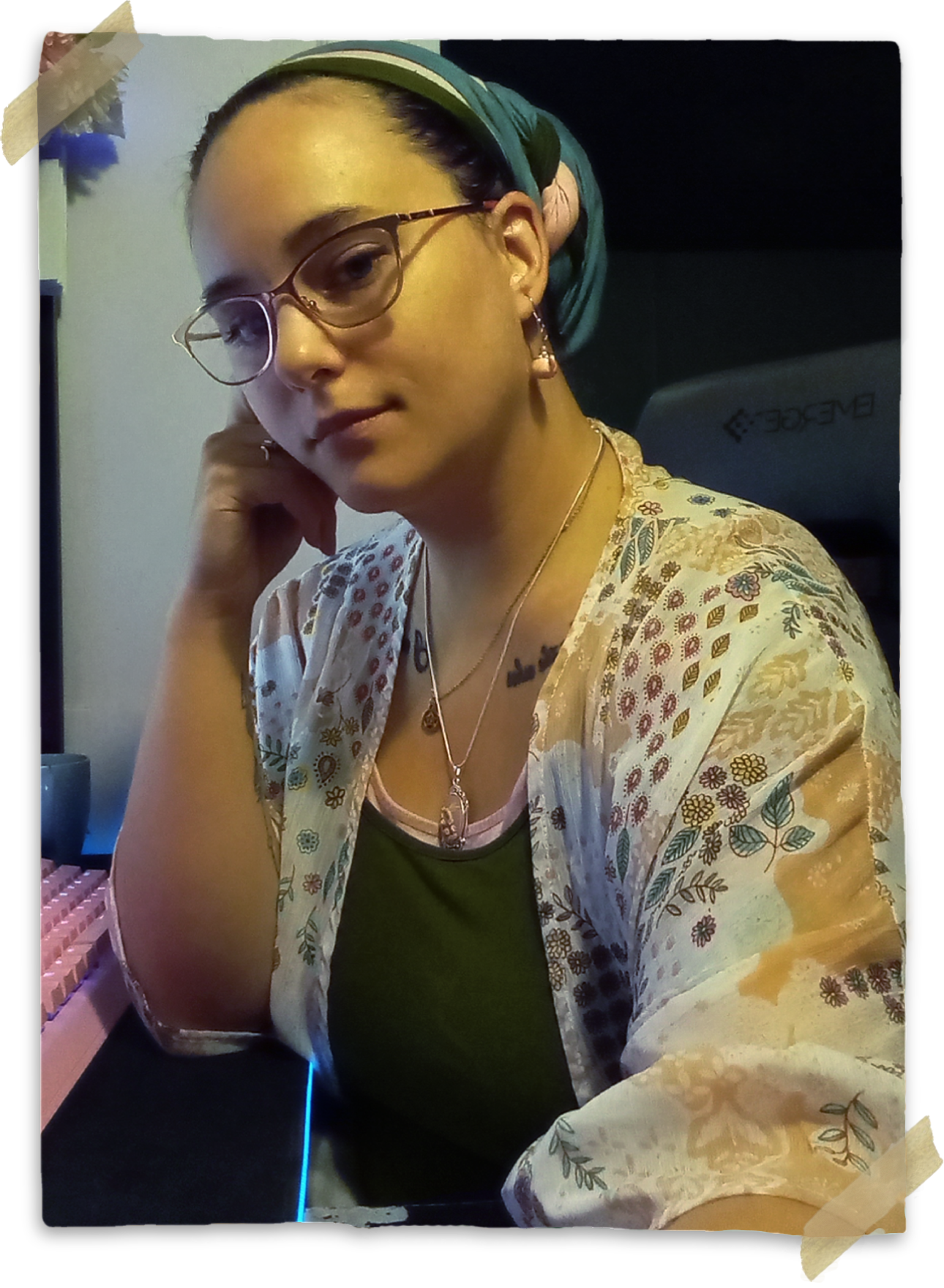Saya Unal
The Eyes of Netamesphut
The Saya Unal are a highly esteemed group of religious oracles revered among the Ileri, and second only to the religion's High Priest- ranking them second highest among the Ilerian religious Elite. While many minor Oracles exist among the Ileri, having a natural propensity for divination, only the best are trained to serve in the Se-Hesmiya. These individuals are trained in the ways of vision seeking, becoming Saya Unal.
- Tzofia Berrin; Se-Netamesphut
- Odela Ben-Aziyani; Sotep-Shiran
- Neta El-Tahel; Baruti






















The requirements for service section is really interesting, especially the comparison between these and a similar profession of another cuture. :)
I actually should have also mentioned the discrepancies between what the Ileri consider an oracle, and what the term's typically applied to by other groups. Because there's a male Ilerian character usually called an Oracle by outsiders who ISN'T technically one, but it's just kind of become common to call him that; I might expand the article to talk about that once the WE award ceremony's over lol.
⤳ Buy me a Ko-fi
⤳ Join My Discord